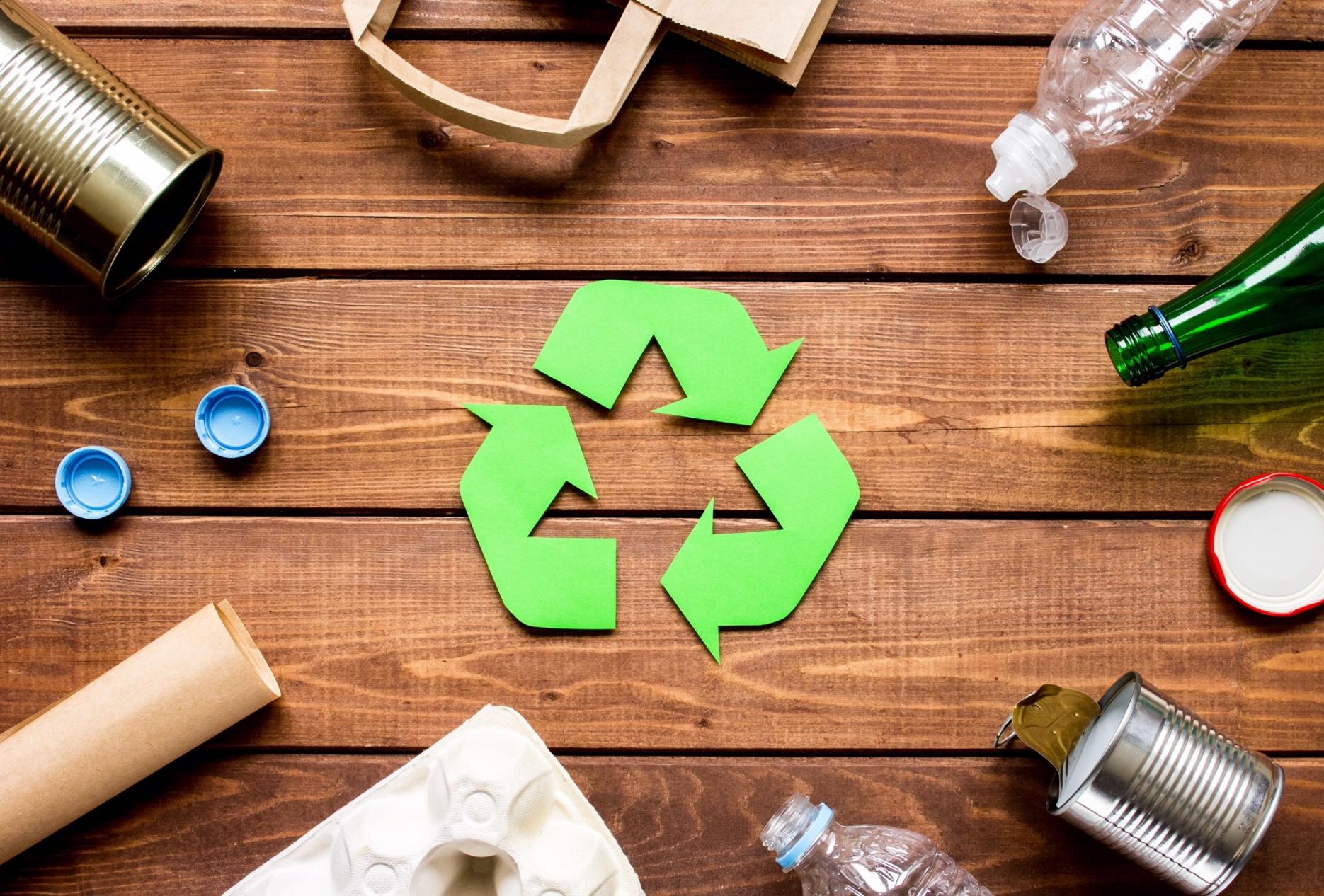
WRAP addresses confusion over compostable plastic packaging
The guidance identifies key applications and opportunities for compostable plastic packaging, including:
- Compostable plastics could be particularly useful for flexible packaging, which contains food residue.
- Rigid compostable plastic packaging, e.g. cups, generally only beneficial in a ‘closed’ system like an event.
- Compostable plastics should be avoided where there is potential for them to contaminate conventional plastics recycling.
- Clear labelling for people on their disposal is crucial.
Helen Bird, strategic engagement manager at WRAP, said: “We know from research that 77% of citizens believe that compostable plastic is better for the environment than other types of packaging. However, compostable plastic is still plastic, and it is no silver bullet for solving plastic pollution.
“Businesses need to be clear on when it is viable, given the complexities surrounding current treatment infrastructure. When it comes to recyclability, WRAP is clear that a claim of ‘recyclable’ should only be made if it can be recycled in practice.
“The same should be applied to compostable plastics. And it is critical that end markets for recycled plastics are not compromised; people need clear instruction not to place compostable plastics in the recycling bin.
“But there are certain applications where it can be a helpful alternative to conventional plastics; absolute no-brainers include fruit stickers and tea bags. This new guidance will help steer decision-making on this complex and high-profile topic.”
In March, WRAP will launch a campaign, which will provide balanced and factual information about compostable plastics.
